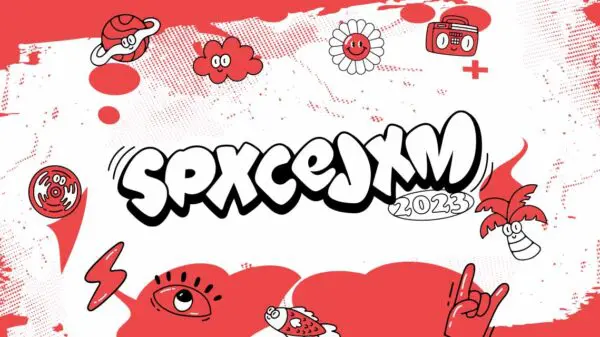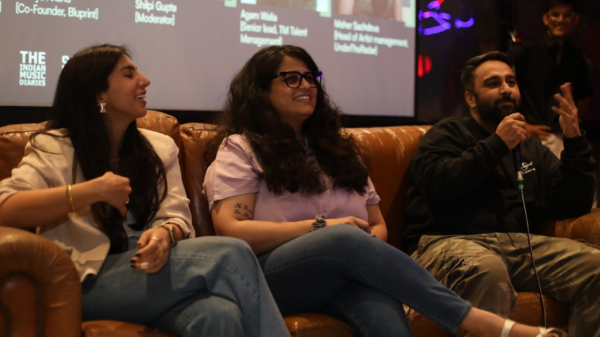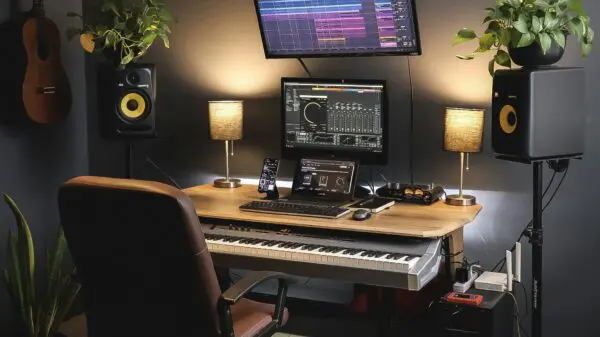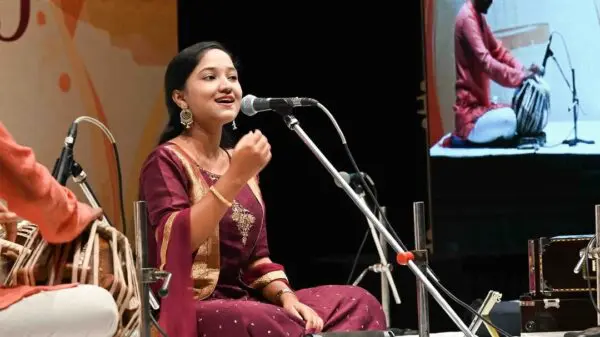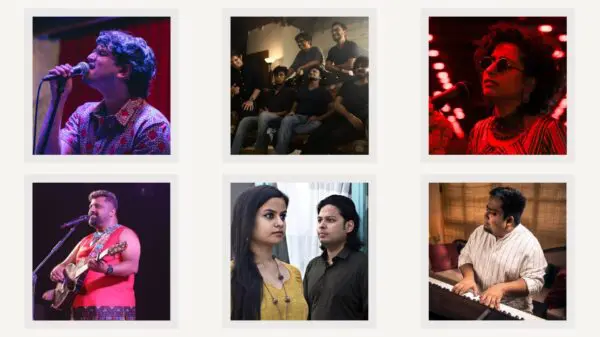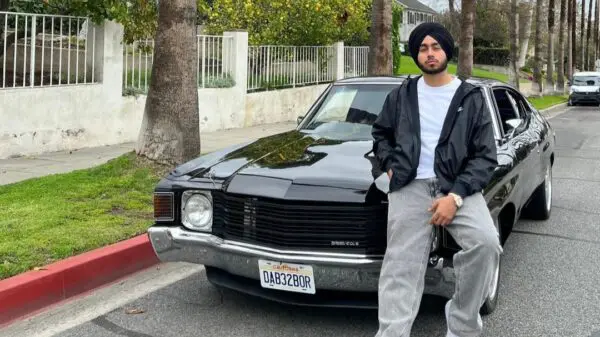India has a vast and diverse music scene that includes a wide range of languages, genres, and regional musical traditions. It reflects in the music industry making up approximately 6% of the Indian Media & Entertainment sector’s overall income, or INR 12,000 crore, each year. Now, imagine spending countless hours in the studio, pouring your heart and soul into crafting a musical masterpiece, only to have your hard-earned royalties disappear into a void, never to be seen or heard from again. For many Indian singers and musicians, this was once a harsh reality, which threatened to undermine the very essence of their art and the livelihoods they had built upon it.
The scenario, however, has changed with a significant shift that has taken place in the Indian music industry. A renewed focus on transparency, technological advancements, and regulatory reforms has paved the way for a more equitable royalty distribution system, empowering artists to finally receive their due compensation.
The Chorus of Collaboration
The issue of substantial “black box royalties” — unclaimed or unattributed music royalties lingering for decades — has long plagued India’s vibrant music industry. However, performing rights societies have spearheaded efforts to create a more transparent and equitable royalty system to ensure artists receive proper compensation. Leading this charge are the Indian Performing Rights Society (IPRS), Phonographic Performance Limited (PPL), and the Indian Singers’ and Musicians’ Rights Association (ISAMRA).
Recognizing vocalists’ unique challenges, ISAMRA helps its members with the right to receive a royalty. The organization has defined tariff structures balancing fair artist compensation with user-friendly rates, building trust. It has also drastically reduced royalty distribution times to provide financial security for overlooked vocal performers. Recently, the organization has made a distribution of Rs. 22.5 crores to singers and musicians, a clear indication of its impact on the lives of countless vocal performers.
IPRS, represents composers, lyricists, and publishers by collecting royalties for public performances of their works. It has expanded outreach to unregistered artists for comprehensive representation. PPL safeguards record labels and performers by collecting royalties for public performances of sound recordings. Both have invested in advanced metadata and AI to accurately identify rights holders.
Through outreach, technological investments, structured payment models and unified advocacy, these performing rights management organizations are reclaiming black box royalties and empowering artists across India’s diverse music landscape to rightfully receive long-overdue earnings.
The Regulatory Renaissance
Complementing the efforts of the music industry, the Indian government has made a concerted effort to update and strengthen the legal and regulatory frameworks governing music royalties. Amendments to the Copyright Act of 1957 have aimed to harmonize the legislative environment with the rapidly evolving digital landscape, addressing issues such as copyright management, cross-border royalties, and artists’ rights.
The establishment of the Copyright Board, a quasi-judicial entity tasked with resolving copyright-related disputes and difficulties, has further bolstered the industry’s accountability and transparency. Additionally, the government has taken steps to improve the regulatory oversight of Collective Management Organizations (CMOs), mandating open governance systems and explicit criteria for royalty distribution and reporting. This collaborative approach between policymakers and industry stakeholders has been instrumental in empowering creators and fostering a thriving music landscape in India.

The Digital Frontier: Empowering Artists Through Technology
The digital age has ushered in a transformative era for royalty distribution, with music streaming platforms spearheading technological advancements. Advanced metadata systems and AI algorithms now precisely identify rights holders, even for niche recordings, drastically reducing unattributed royalties. Blockchain technology is revolutionizing royalty management by offering secure, transparent tracking and timely payments, fostering trust and empowering creators.
Strategic partnerships between streaming platforms, performing rights societies, and collective management organizations enable seamless cross-platform data sharing and royalty distribution. The streaming platforms are going the extra mile, making sure they have all the right information about new music and artists from the get-go. By carefully collecting and maintaining accurate data like song titles, artist names, and copyright details upfront, they’re plugging the information gaps that used to cause royalties to go unclaimed and get lost in the shuffle.
Furthermore, in India, various players are contributing with their technological expertise to build a robust ecosystem for tackling royalty distribution challenges. They collaborate with industry stakeholders to develop advanced systems for accurate data collection, rights management, and transparent royalty payments. Their solutions leverage advanced technologies such as blockchain and AI to streamline the process and ensure fair compensation for artists and rights holders.
These technological strides, coupled with industry-wide collaboration, have become game-changers. They safeguard artists’ and musicians’ earnings, ensuring their creative endeavors are fairly compensated in an increasingly digital landscape.
The Future Sounds Sweet: Music Royalties Hitting the Right Notes
As the Indian music landscape keeps evolving, all the combined efforts from industry players are hitting the sweet spot for a fairer and more transparent system. By embracing new technologies, getting everyone on the same page through collaborations, and making sure artists get properly paid, that long-standing issue of unclaimed black box royalties is finally getting resolved bit by bit. This paves the way for an exciting future where the incredible talents across India’s diverse musical landscape can truly have their voices heard and valued.




